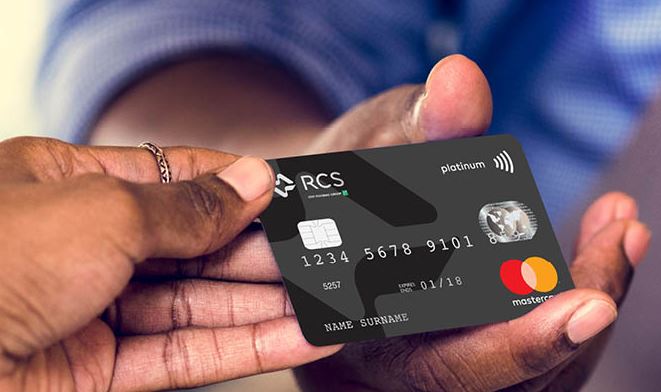Choosing a credit card is more than just picking the one with the highest limit or the flashiest rewards. A credit card is a financial tool that, when chosen wisely, can help you manage your expenses, build credit, earn benefits, and even save money. But when used without strategy—or when the wrong card is chosen—it can lead to high fees, debt, and financial stress.
To make the best decision, it’s important to evaluate your lifestyle, financial habits, and long-term goals. Here are the key factors to consider when choosing the right credit card for you.
Understand Your Spending Habits – Choosing a credit card
Before applying for any credit card, take a close look at how and where you spend your money. Do you travel often? Do you spend a lot on groceries or fuel? Are you looking to build credit, or are you already a responsible user wanting better perks?
Your spending behavior should guide the type of card you choose. For example, frequent travelers may benefit from a card that offers airline miles or hotel rewards, while someone focused on everyday savings might prefer a cashback card.
Annual Fees: Worth It or Not? – Choosing a credit card
Some credit cards come with annual fees that can range from modest to high. While fees may seem like a disadvantage, they’re not always a bad thing—if the card offers rewards or benefits that exceed the cost.
Ask yourself: Will I earn enough in points, cash back, or perks to justify the fee? If not, consider a no-annual-fee card instead. Many great options exist that don’t require you to pay yearly to get good value.
Interest Rates (APR) Matter—Especially If You Carry a Balance
If you plan to pay your balance in full each month, the interest rate (APR) might not affect you much. But if there’s a chance you’ll carry a balance, choose a card with a low APR. High-interest rates can quickly turn small purchases into long-term debt.
Some cards also offer 0% introductory APRs for a limited time—great for making large purchases or consolidating other debts—but make sure you understand when the regular rate will kick in.
Rewards That Match Your Lifestyle
One of the most attractive features of many credit cards is the rewards program. But not all rewards are created equal.
Consider:
- Cashback cards, which return a percentage of your purchases in cash
- Travel cards, offering points or miles for flights, hotels, or rental cars
- Store cards, which give discounts and perks at specific retailers
Make sure the rewards align with what you already spend on, rather than pushing you to spend more just to earn points.
Welcome Bonuses and Promotions
Many credit cards offer sign-up bonuses if you meet a minimum spending requirement within the first few months. This can be a great value—but only if you were planning to spend that amount anyway.
Avoid getting a card just for the bonus if it encourages unnecessary spending or if the long-term benefits don’t make sense for your financial life.
Foreign Transaction Fees
If you travel internationally or shop frequently on international websites, watch out for foreign transaction fees. These fees, typically 1% to 3% of each purchase, can add up fast.
Many travel-focused cards now waive these fees, so choose one that lets you spend globally without the extra charges.
Credit Limit and Flexibility
Your credit limit determines how much you can spend on the card. A higher limit can help with your credit score by lowering your credit utilization ratio—but it also requires responsibility.
Look for a card that offers a reasonable limit and allows for future increases if you prove to be a responsible user. Some cards also offer flexible payment options or access to tools like budgeting and spending trackers.
Extra Benefits and Protection
Beyond points and cashback, many cards offer added value through perks like:
- Purchase protection
- Extended warranties
- Travel insurance
- Fraud alerts and zero-liability policies
These features can save you money and give you peace of mind—especially when making large purchases or traveling abroad.
Customer Service and Digital Experience
Never underestimate the value of good customer support. Look for credit card issuers with 24/7 service, user-friendly apps, real-time alerts, and easy dispute resolution. A reliable experience makes managing your finances smoother and more secure.
Your Credit Score
Finally, your credit score plays a big role in which cards you qualify for. Premium rewards cards typically require good to excellent credit, while secured or beginner cards may be better suited for those with limited or poor credit history.
Check your score before applying, and only apply for cards within your range to avoid unnecessary rejections, which can temporarily lower your credit.
Final Thoughts
The best credit card is the one that aligns with your financial goals, complements your lifestyle, and helps you use credit responsibly. It’s not about collecting as many cards as possible or chasing flashy offers—it’s about choosing a card that adds value to your life, not stress.
Take the time to compare options, read the fine print, and understand how each feature works. When used wisely, a credit card can be a powerful financial ally—not a burden.





